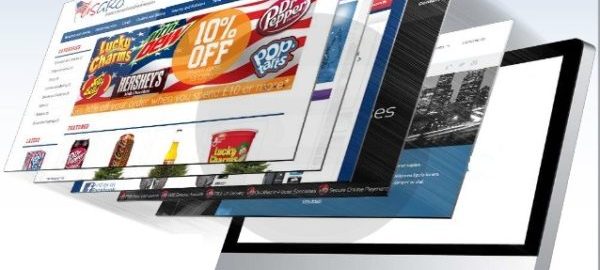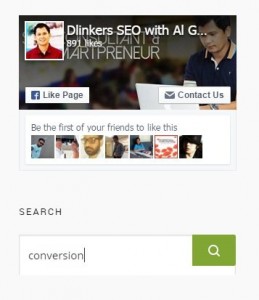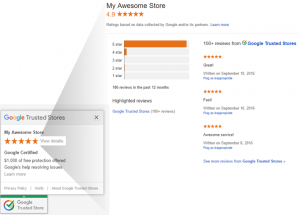Why Magento and other B2C platforms are not the best choice for your next B2B site…
As I speak with B2B executives responsible for “digital” within their organizations, this story is far too common. “We purchased a B2C eCommerce platform and tried to repurpose it for our B2B customers.” If that sounds like your organization, I hope this article will save you from years of frustration, wasted time and money.
Todays leading B2B eCommerce sites and customer portals are providing much more than the Amazon or Nike.com experience. They are giving their customers powerful online tools which improve speed, accuracy and make their job easier. Basic tools like intuitive search are critical but also very complex tools like advanced product configuration, key account micro-sites and even global inventory allocation. In the hands of your users, these tools become more of an enterprise solution which automates procurement functions between buyers and sellers.

Now I’ve been in the B2B eCommerce space for over 15 years and it continues to amaze me how a b2c platform provider can claim to become an overnight expert at B2B. Agencies are jumping on the bandwagon and telling their clients that they are experienced in B2B and “no problem…it’s just like b2c“. They are telling clients that they can simply do a few customizations to Magento and it will work perfectly for their B2B clients. Unfortunately, that scenario never ends well. I can refer you to many companies who sadly made that mistake and poured six-figure budgets into customization only to realize they should have started with a B2B platform in the first place.
“…it continues to amaze me how a b2c platform provider can claim to become an overnight expert at B2B”
If you are a B2B company looking for the right solution or if you are an agency helping your client choose the right platform, let me share a short list of features which any strong B2B vendor should be able to demonstrate easily and without customization.
Top 10 differences between a B2C (Retail) Platform and a B2B (Enterprise) Platform:
- Customers – This is the most obvious difference. B2B companies have many different channels, user types and personas. One size does not fit all.
- Payments – b2c is often credit card only. B2B needs to provide the option for PO, order approvals, payment on credit and even the ability to check available credit.
- Products – You are not selling simple products like t-shirts and tennis shoes. B2B products are complex and may even require advanced quoting & configuration.
- Performance – Most companies don’t learn this until it’s too late. B2B companies often need to handle much larger sku counts and order volumes than b2c sites.
- Search – All eCommerce sites need a great search but B2B often needs to personalize the search to each user type and even to the specific company ordering.
- Multi-site – b2c typically offers a single site. Leading B2B companies are able to provide customer-branded microsites and ordering portals for their key accounts.
- Check-out – The B2B checkout process can be quite complex. Multiple order approvals, payment complexity and credit limits make it harder than B2C.
- Globalization – Most B2B companies are global. Not only multi-lingual and multi-currency but flexible enough to handle B2B international shipping and tax issues.
- Integrations – This is a big one. Most B2B projects fail or go way over budget on integration. Do not underestimate the importance of a strong integration toolset
- Developer Tools – The platform must have strong B2B features out-of-the-box but also allow the dev community to extend and scale while staying on the upgrade path
Most importantly, I would challenge your vendor to PROVE these features and your specific use-cases in a live demonstration. If they can’t spin up a site that shows strong B2B functionality, it’s time to find a different “expert” to help you with B2B.
I hope these tips will provide you with some guidance. By no means is this an exhaustive list but just a few thoughts to help guide your selection.
Digital & Social Articles on Business 2 Community(104)
Report Post








